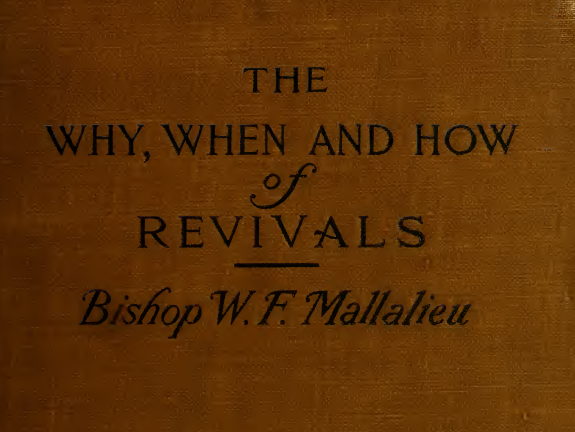Shepherd of tender youth,
Guiding in love and truth
Through devious ways;
Christ our triumphant King,
We come thy name to sing;
Hither our children bring
To shout thy praise. — Translated by H. M. Dexter
Simon, son of Jonas, lovest thou me more than these? He saith unto him, Yea, Lord; thou knowest that I love thee. He saith unto him, Feed my lambs. — John 21:15
Suffer the little children to come unto me, and forbid them not; for of such is the kingdom of God. — Mark 10:14
He who saves the children saves the church. The children will not be saved unless an effort is made to save them. First, parents are responsible, then the pastor, then the Sunday school teacher. The relationship between the pastor to the children is very peculiar and interesting. His words, whether spoken in church or the home, will make a lasting impression on the child’s mind. A smile, a pleasant word, goes a long way with a child. A rough word, an unkind action, may give a child a prejudice against preachers that will be lifelong.
“A pebble in the brooklet scant
Has turned the course of many a river;
A dewdrop on the baby plant
Has warped the giant oak forever.”
It is worthy of notice that these days, in many respects, more attention is paid to children than ever in the past. This should be the case in religious matters; indeed, it is to some extent. The Romanists, who in their generation are wiser than the children of light, if Protestants may be regarded as the children of the light, have taken care that their children should be carefully and thoroughly instructed in the dogmas of their faith.
Two little girls were once discussing their respective religious training. One was a Romanist, the other a Protestant. Finally, the little Protestant exclaimed, ‘‘I would not believe such nonsense.” “Yes,” replied the little Romanist, “and I would not either, but I just have to believe it.’’ She believed it, whether or not because she had been persistently taught it. The Romish hierarchy cares more for children under ten or twelve years of age than for any other class of its adherents unless it is for aged rich people whose money it seeks. The result is that the children, despite their association with Protestant children and attendance in public schools, become staunch followers of the Church and the faith in which they have been trained.
How long shall we be learning a lesson of wisdom from the example set before us? Our present Sunday schools are not training schools where the children are indoctrinated in the fundamentals of the Christian faith. The courses of study lack the essential elements of continuity and definiteness of purpose. They do not have clear and pronounced inculcation of our doctrines. They touch the matter of faith occasionally, but being interdenominational, they are decidedly indeterminate and often vague and uncertain. If we wish for a generation of intelligent and substantial Methodists, we must train them carefully in our doctrines. The best way to do this is to teach them our catechism. We are well supplied with catechisms. There is an excellent one by Z. A. Mudge designed for little children. Then we have Numbers 1, 2, and 3. The doctrines are the same, only somewhat more fully outlined in the numbers as they advance.
It would be a blessing if the parents gave an hour or two each week to instruct their children in the catechism. But whether or not they attend to this duty, every pastor must see that the children are not neglected. The Discipline is very explicit concerning this matter. It enumerates the responsibilities of every pastor, and among these duties, it says it is the duty of the pastor, of every pastor, “to catechize the children publicly in the Sunday school, and at special meetings appointed for that purpose, and also privately; to report to each Quarterly Conference the extent to which he has done this work.” If this duty were faithfully performed, the next generation of Methodists would be rooted and grounded in the faith. It would not be drawn hither and thither by every foolish fad, skeptical pretense, and conscienceless critic. In these days, the world needs people with creeds.
By Bishop W. F. Mallalieu
Updated 2023 Nathan Zipfel

